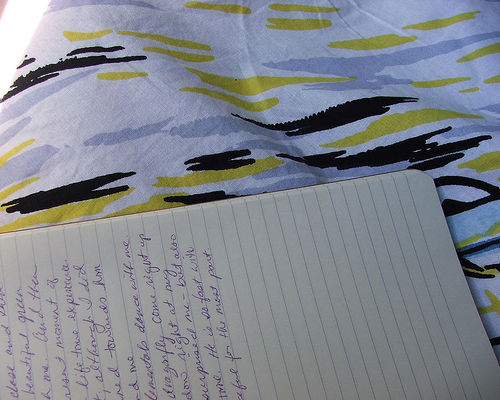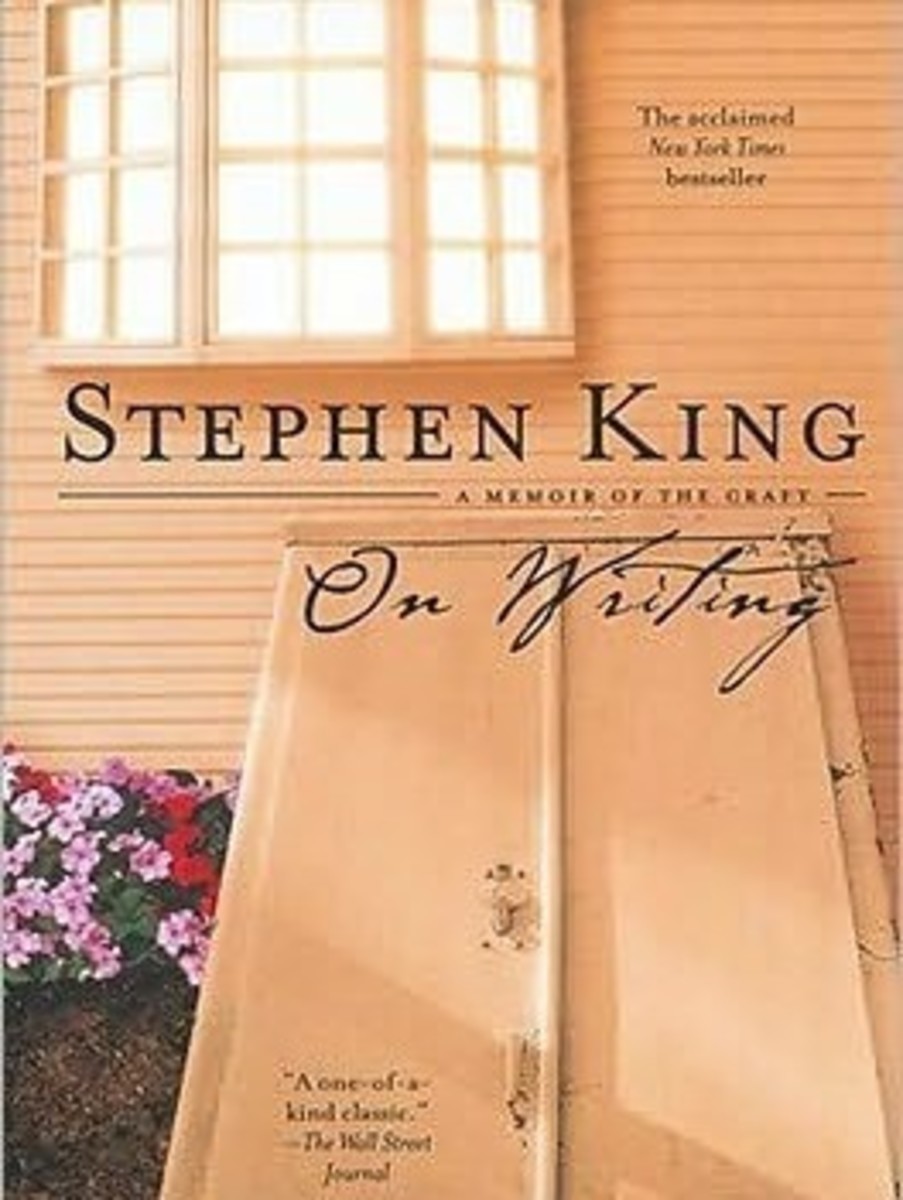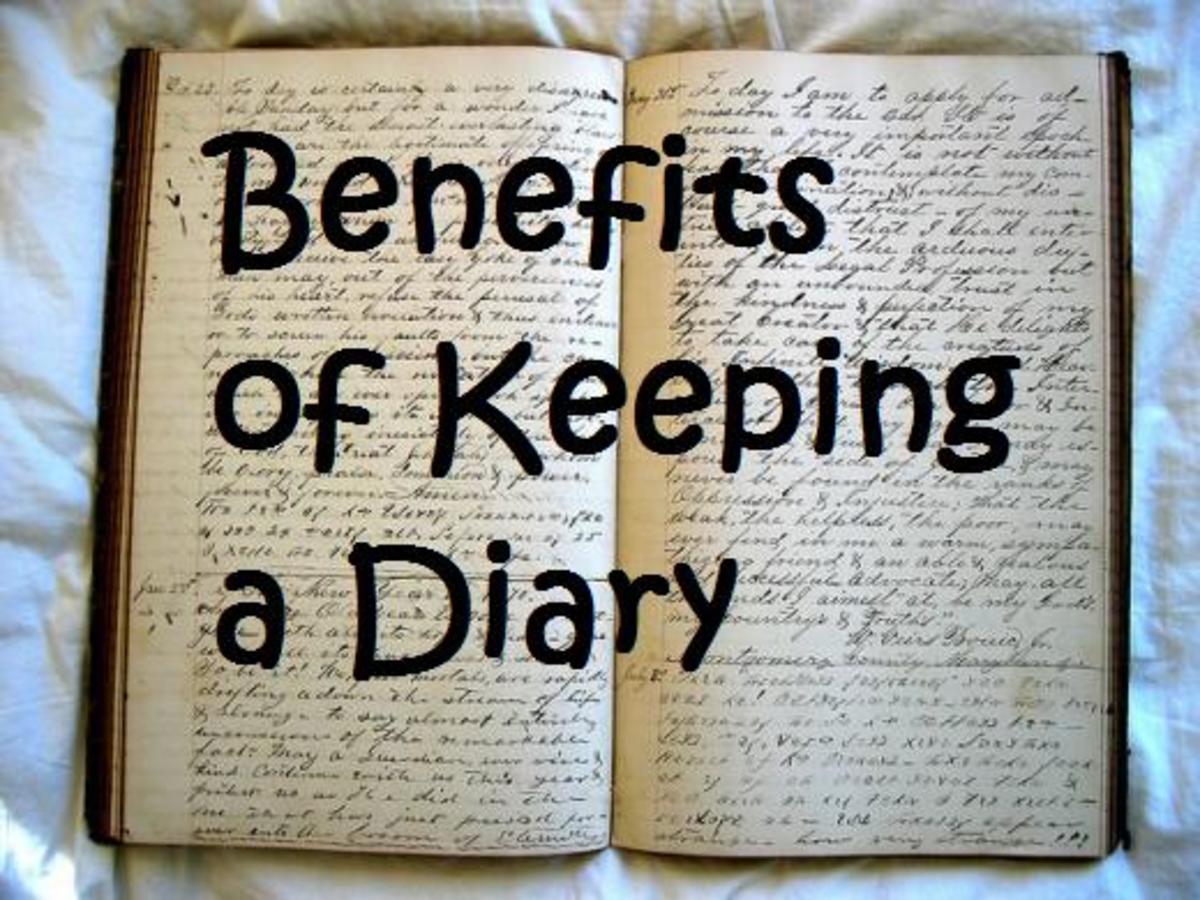- HubPages»
- Books, Literature, and Writing»
- Books & Novels»
- Nonfiction
Writing a Memoir: 5 Memoir Types

For the sake of this article, "diary" is a record of perceived experience - as melodramatically and secretively kept by an adolescent girl. Such work is rarely published with any success. And, the published "diaries" we can think of are fictional and put together - albeit with loving care - through some considerable artifice. The Diary of Anne Frank, for example, as we have come to know it through stage play and film, is different from the Anne Frank diary, a collection of reports written in Dutch by a young girl hiding with her family from the Nazis. Jeff Kinney's The Diary of a Wimpy Kid began a publishing franchise that will make him wealthy into the future, but no one seriously believes Kinney's wimpy kid lived all these printed events. In the past, figures as diverse as Harry S. Truman and Virginia Woolf kept diaries on important events in their lives, valuable contributions, indeed, for their impressions on their unique experiences, but these were clearly edited before publishing in their lifetimes. Samuel Pepys and Lewis Carroll, on the other hand, apparently did not mean for their work to be published, and given the unique brilliance of each man, their unedited observations are priceless.
A "journal" is a record of life as well, a ledger of life's activity. Journals contain sketches, charts, poems, and whatever pops into the mind of the journal keeper. Journals are assigned in writing classes to provoke student writers to write at will. Some journalists use the writing as a therapy, and others for specific purposes, such as recording their travels or wine tasting. Among published journals are those of Sylvia Plath and Ronald Reagan. You can argue that these journals are the same as diaries, but there is a slight difference. The observations and records are gathered with some focus. In the case of Plath, the contents all center on her struggle with her creative side (and only begrudgingly reveal the depth of her depression), and, in the case of Ronald Reagan, he was keeping a record of life in the White House which, in turn, structured the publication.
Memoirs are confused with diaries and journals. However, they record a life - in retrospect. While many of the incidents and people in the memoir may have historical foundation in time and place, they are reported through the mirror or haze of memory. Robert McNamara's documentary interview with Errol Morris on his role in the unfolding of the Vietnam tragedy is aptly titled The Fog of War. Former President Jimmy Carter published White House Diary, it would appear, with the intent of asking history to give him more credit that he felt has received in the past.
A memoir has an intent or theme. It wants a reader to walk away with some total impression from the events reported. There is a principle of selectivity at work that informs and links events. To produce the effect, the writer moves closer to being a novelist or fabricator of a life lived.
- The Celebrity Memoir: Such a life history may have little connection with the facts and may only be what the celebrity's agent permits to be published. Written for those who like to live vicariously, they do have an enormous popularity. So, read the reviews before spending on a hardback. Still, the Me: Stories of My Life by Katharine Hepburn and Nelson Mandela's Long Walk to Freedom seem worthy of serious consideration - because of their respective personal integrity.
- The Survivor Memoir: A survivor of a disease or natural catastrophe may produce a memoir. For the survivor of disease, it is a means to hard-won triumph, and the survivor of catastrophe provides an "I was there" scenario. In fact, Daniel Defoe's A Journal of the Plague Year was so richly described and detailed that readers took it for the absolute truth until much later. Much more recently, Into Thin Air by Jon Krakauer reports an ill-fated attempt to climb Mt. Everest.
- The Insider Memoir: Harry McPherson's A Political Education: A Washington Memoir puts you in President Lyndon Johnson's inner circle. Richard A. Clark's Against All Enemies: Inside America's War on Terror claims to be the truth about the origins of the War in Iraq. However, insiders always beg the question that we suspend disbelief in their lack of bias. In this category, you might also find memoirs by profession or political leaning.
- The Family Legacy Memoir: Some memoir writers want readers to see and feel the background from which they arose. Take Barack Obama's Dreams From My Father or Tony Blair's A Journey; both want to help us understand these self-made men. However, you might better enjoy the experience of The Sweeter the Juice: A Family Memoir in Black and White by Shirley Taylor Haizlip, a poignant accounting of the lives of black and mulatto women over six generations or Sherman Alexie's The Absolutely True Diary of a Part-time Indian about a nerdy boy coming to terms with this cultural heritage.
- The War Memoir: War seems to be good for memoirs, written, I assume, to record the facts and horrors of war. Stephen Crane's The Red Badge of Courage appears (with some artifice) to be a memoir of the Civil War. More recently, Tim O'Brien continues to wrestle with ghosts of the Vietnam era that he began to cover in The Things They Carried.
All this and more can run together in a memoir. A good one will make you live the life. It will take you through the surge and passion of the events. It will take you past the color and the characters. Art and history will merge. Public and personal lives will merge. Love and war will converge. A good example is Peter Vincent's The Sixties Diaries. Peter drove across American in the summer of 1967 to embrace the ethos of Haight-Ashbury in San Francisco as it moved toward the "summer of love," and as the country moved towards Woodstock, the Chicago Democratic Convention, and the assassinations of Martin Luther King, Jr. and Robert Kennedy. Throughout this unique era in American history and culture, Peter kept personal journals. After meeting some success with his fiction and playwriting, Peter took the matter of the journals and finessed it into a broadly and deeply etched picture of the place and time. In one sense, it will remind readers of George Orwell's Down and Out in Paris and London. On the other hand, The Sixties Diary is a tribute to the narrator's resilience and creative spirit. Vincent does what the best memoir writers do: they take grounded facts in time and place, and, then, they re-vision those felt memories and craft the communication to make those experiences yours.








